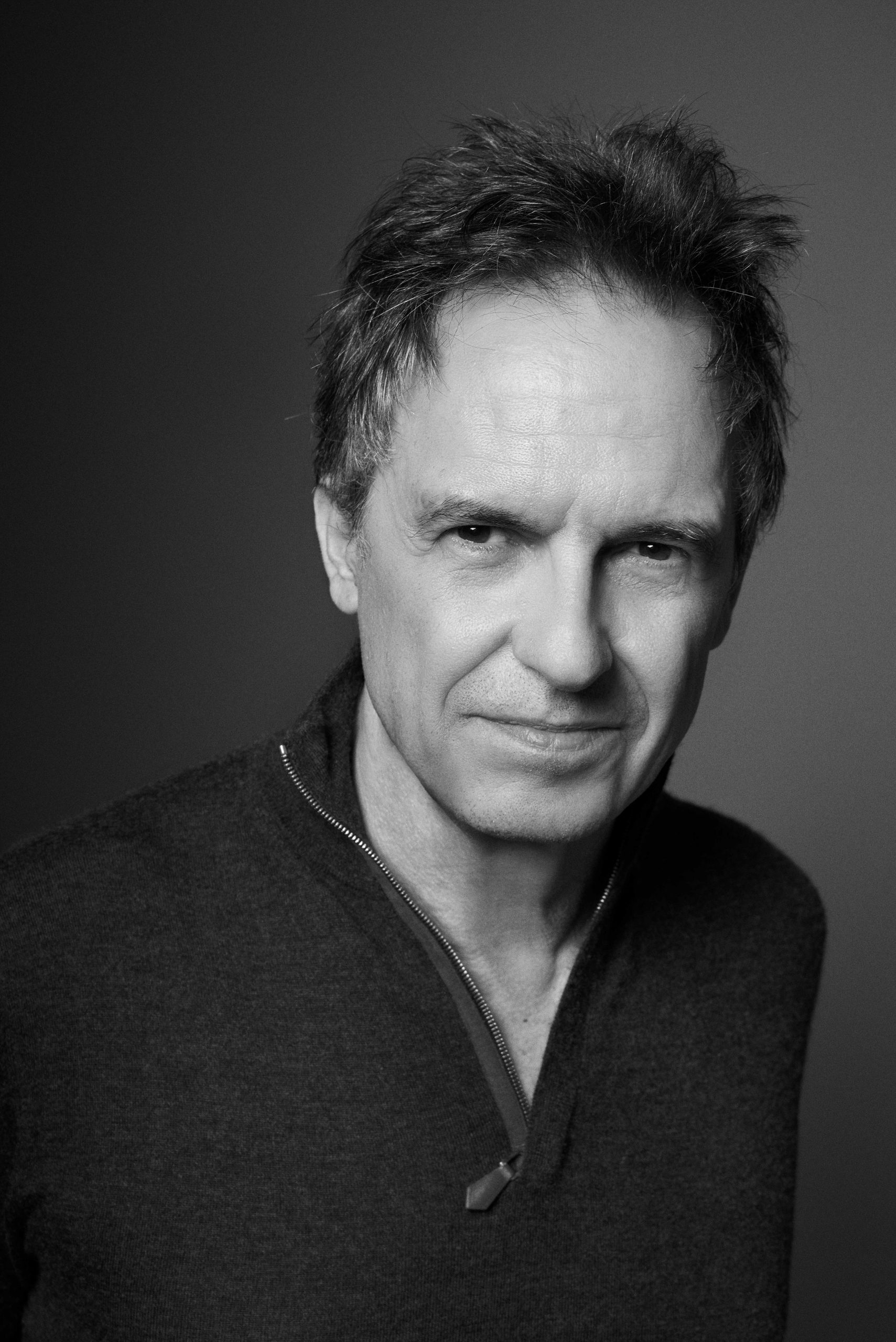
Based in Rio de Janeiro, artist Daniel Senise garnered early acclaim by being a significant figure in “Generation 80s,” a Brazilian art movement that focused on emphasizing painting in the country’s art scene. Since the 1990s, Senise’s practice has centered on the texture of various materials—including fabrics, walls, floors, or other surfaces—employed it as a means to create physical compositions of recognizable scenes and vignettes. Engaging with themes of memory, physical space, and site specificity, Senise evokes ideas around histories, both personal and collective.
Opening November 8 and on view through December 23, 2023, Nara Roesler gallery in New York will mount the solo exhibition “Daniel Senise: The Site of Images,” curated by Luis Pérez-Oramas. The show will see examples from various series of work created by the artist between 2020 and 2023.
We reached out to Senise to find out more about what’s in store for the forthcoming exhibition, and learn more about his unique method of “constructing images.”
Daniel Senise, Untitled (Louvre) (2023). Courtesy of Nara Roesler, New York.
Your solo show opens at Nara Roesler, New York, this month. Can you talk a bit about which bodies of work will be shown?
I am showing three series of works. One is composed from images of museums made from collages with prints of my studio’s walls and floor. The second is about the Veil of Veronica, and the third is a series of small landscapes made with charcoal.
The works included reference identifiable places around the world. Did you travel to these sites, or work from photos? What drew you to these places specifically?
I use photos of museums taken by me or images of paintings by other artists.
Daniel Senise, Untitled (2023). Courtesy of Nara Roesler, New York.
What do you hope visitors to this exhibition take away with them?
The feeling that they are returning to a place they have been before.
Your work has been described as a “construction of images.” Can you describe your process from a technical standpoint? What are some common techniques or methods that you use?
My works are composed of fragments of the floor and walls of my studio, as well as art books and printed matter. I capture fragments from my surrounding surfaces by placing large pieces of thin cotton fabric and spreading white glue and water over them. This mixture passes through the fabric and collects residue from the floor or wall. I use these prints like a painter uses paint. The works are made by manipulating them into collages, or sanding layers of paint from the wall prints to create the image.
Daniel Senise, Verônica (Blanchard Jacques)(2022). Courtesy of Nara Roesler, New York.
Conversely, what does your creative process look like? Is it more intuitive as you go, or do you have everything envisioned and planned out before you start?
After I have defined the subject, the process is very similar to that of a painter, with attempts and some struggles to reach the feeling that it is finished.
Whom or what do you think has had the greatest influence on your practice? Are there any artists or movements, historical or contemporary, that you return to for inspiration?
It’s difficult to use the word “influence.” Nevertheless, there are many contemporary artists that I like very much, like Sigmar Polke, Rudolf Stingel, Kara Walker, Jannis Kounellis, Tunga, Gavin Bryars…
Can you tell us about what you are currently working on now, or plan to work on next?
I currently have a show At the Museum of Contemporary Art in São Paulo with 30 pieces from the 90’s to today.
Daniel Senise, Untitled (MAM Rio) (2022). Courtesy of Nara Roesler, New York.
“Daniel Senise: The Site of Images” is on view at Nara Roesler, New York, November 8–December 23, 2023.